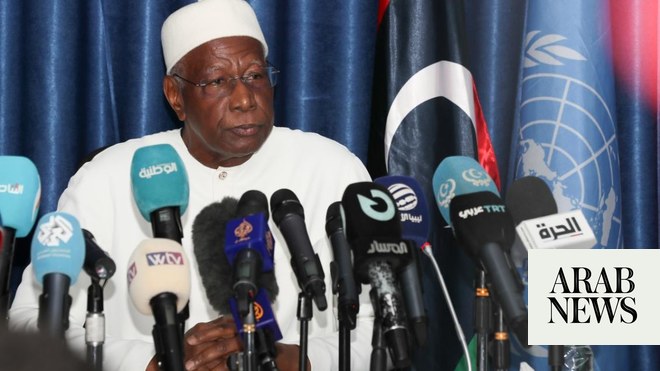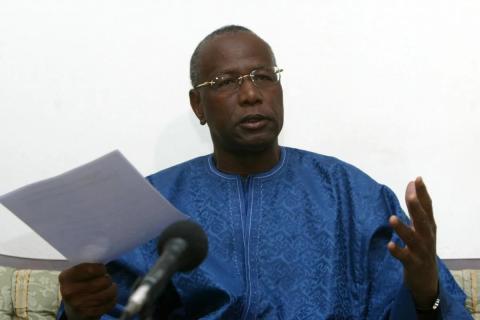
UN envoy to Libya Ghassan Salame has said that the country’s “present institutions are based on shallow legitimacy. They are built on tenuous mandates or are divided into competing bodies.”
Briefing the Security Council on the latest Libyan developments, Salame said Wednesday: “To lead the people, to unify the people and to take difficult decisions for the good of the people, the government must come from the people. This means elections.”
He said that when he joined the Mission, almost all stakeholders requested that the amendment of the Libyan Political Agreement signed in Skhirat in 2015 be included within the Action Plan.
“The closer Libya is to elections, the less relevant these provisional amendments become. However, starting tomorrow, I shall commence a new, and final attempt to realize these amendments,” he added.
Salame seemed more pessimistic, telling the Council that “the state’s inability to provide services and implement the reforms needed is creating a vicious cycle.”
The United Nations has launched a plan to bring stability to Libya through elections this year.
Despite the 2015 deal that set up a unity government, Libya remains divided.
Meanwhile, Abu Bakr al-Siddiq battalion Colonel Ajmi al-Atiri said that Saif al-Islam Gaddafi had no clue about the news conference in Tunisia, where organizers announced he was running for the elections.
For his part, commander of the Libyan National Army Gen. Khalifa Haftar concluded an unannounced visit to Amman, where he met officials from the US and UK.
A reliable source told Asharq Al-Awsat that Haftar, who returned to Libya on Tuesday, demanded to lift the embargo on arming the LNA and called on the international community to support his efforts to fight terrorism.
According to the source, who preferred to remain anonymous, Haftar showed no objection to carrying out the presidential and parliamentary elections, to be organized by the UN mission in Libya, in September.












